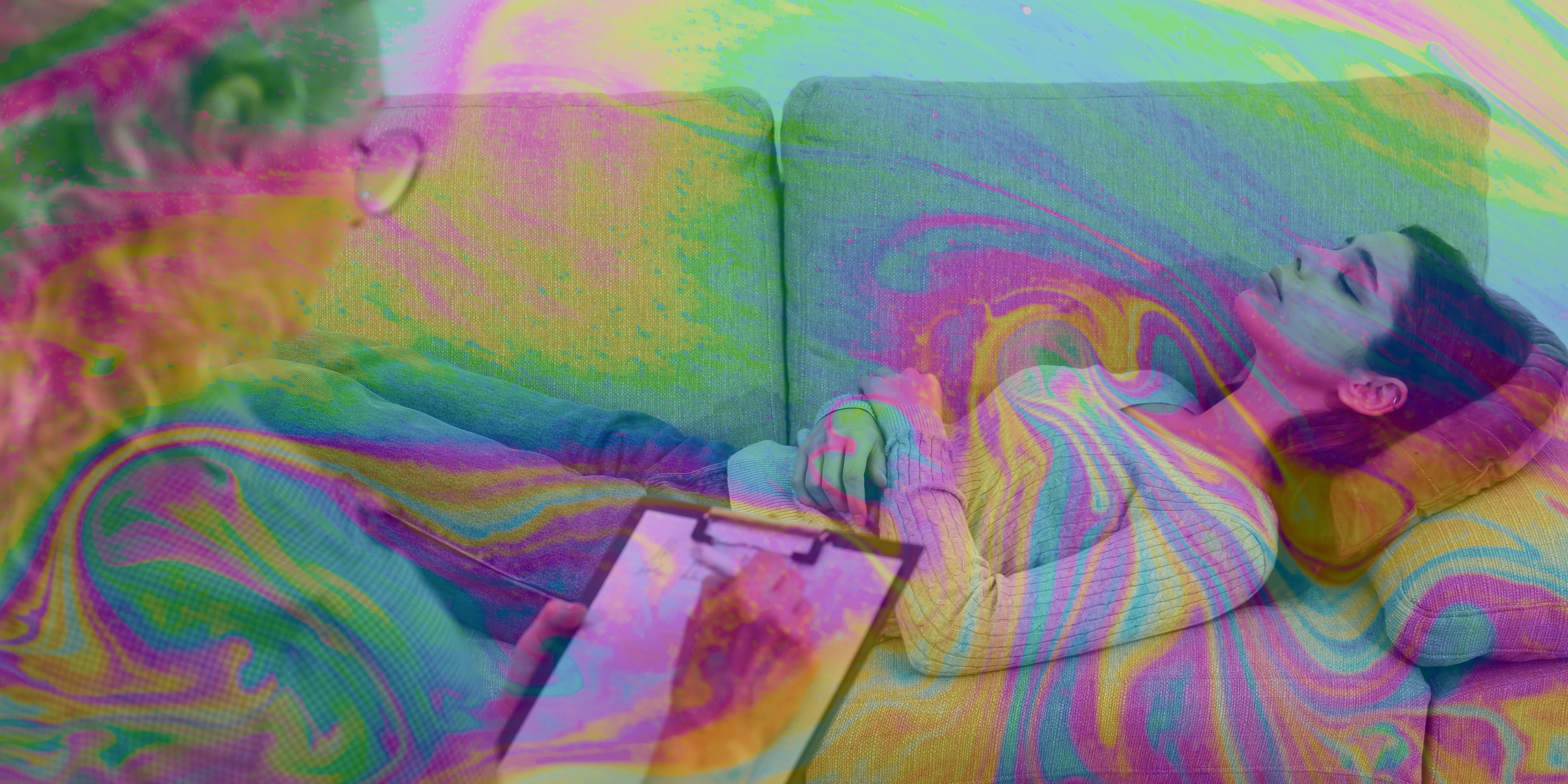#NPsychPick of the Month: Psychedelic-assisted Psychotherapy in 3-D: Acceptance, Connectedness, and Defensiveness: Neuropsychoanalysis: Vol 25, No 2.
Psychedelic-assisted Psychotherapy in 3-D: Acceptance, Connectedness, and Defensiveness.
Lawrence Fischman.
#NPsychPick of the Month
Abstract
As psychiatry weighs a move from a categorical to a dimensionally-based classification system, clinical research and treatment paradigms may shift towards identifying which dimensions of mental health can improve treatment outcomes across a broad range of diagnostic categories. Psychedelic-assisted psychotherapy, which is currently in clinical trials for a wide range of conditions from PTSD to tobacco dependency, holds promise for just such a dimensional approach to treatment. Anecdotal reports and qualitative studies have hinted at its potential for decreasing defensiveness and increasing feelings of acceptance and connectedness. In this theoretical paper, I draw upon ideas and research with psychedelics, infant observation, social psychology, and psychoanalysis to explain why psychedelic-assisted psychotherapy is especially well-suited for addressing these dimensions of mental health. Because studies already support the use of psychedelic-assisted psychotherapy in one dimensionally-based application – the treatment of existential anxiety in patients with cancer – I begin with a look at psychological models of defensiveness in relation to the fear of death. I then use the models of Winnicott, Stern, Carhart-Harris/Friston and others to discuss the experiences of awe, omnipotence, and creativity within ordinary and psychedelic states, and touch on a fourth dimension of mental health, authenticity. I suggest psychedelic-assisted psychotherapy may be viewed as a transitional space ideally suited for working through experiences of disconnection through the process of illusion-disillusionment, allowing gradual acceptance. I conclude with a summary of how acceptance, connectedness, and defensiveness are related to each other and to one’s sense of self.


